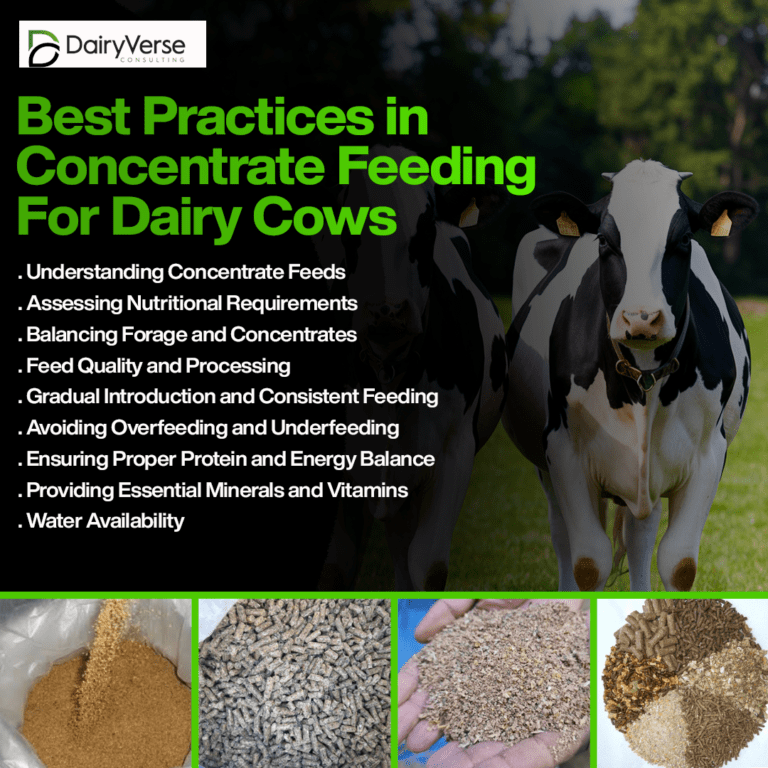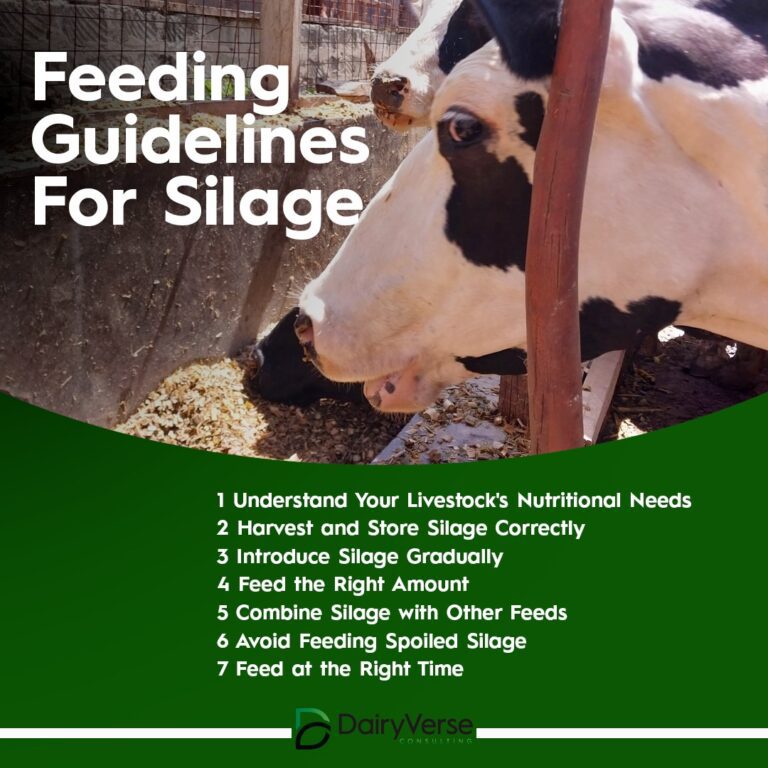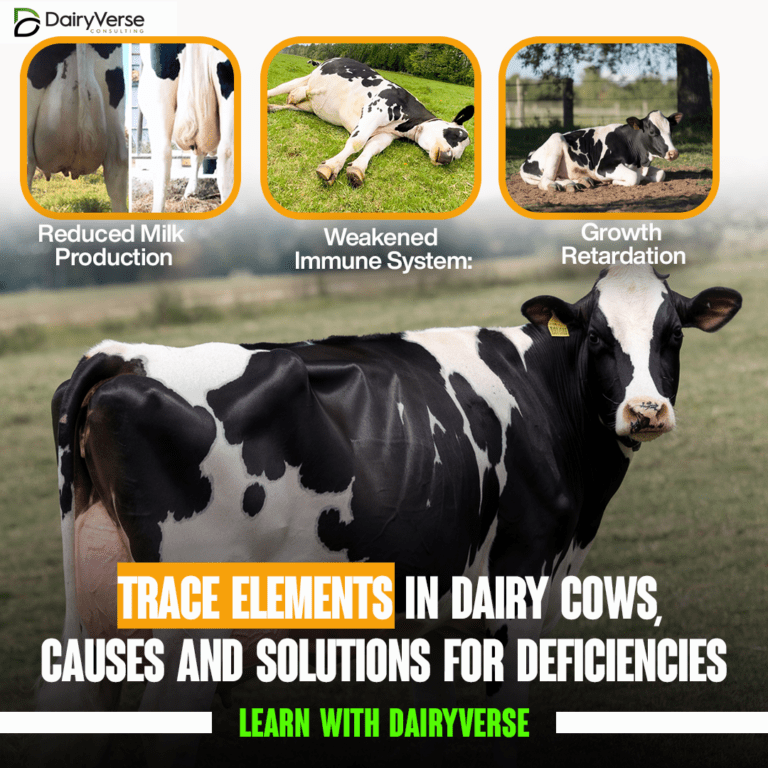The Ideal Diet for Prepartum Cows: Ensuring Optimal Health and Productivity
Prepartum cows, or cows in the final stage of pregnancy, require a well-balanced diet to ensure a smooth transition into lactation and to prevent metabolic disorders.
No products in the cart.

Prepartum cows, or cows in the final stage of pregnancy, require a well-balanced diet to ensure a smooth transition into lactation and to prevent metabolic disorders.

Proper concentrate feeding is crucial in dairy farming, as it directly impacts milk production, cow health, and overall farm profitability.

Silage is an essential feed source for livestock, offering a cost-effective and nutritious alternative during periods of feed scarcity.

In dairy farming, maintaining the health and productivity of cows is essential for both economic and animal welfare reasons. Among the many factors that influence a cow’s well-being, trace elements play a critical role in ensuring optimal growth, reproduction, and milk production. A deficiency in trace elements can lead to noticeable symptoms, including changes in coat color, reduced fertility, and compromised milk yield.

Silent heat, also known as subestrus, is a condition in which a heifer or cow undergoes normal ovarian cycles and ovulates but fails to display the noticeable signs of estrus (heat) that are typically associated with breeding readiness.